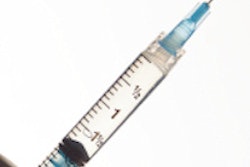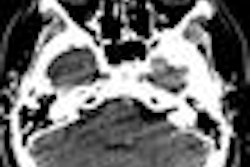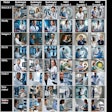The Maryland Department of Health and Mental Hygiene (DHMH) has released the results of its review of the employment of David Kwiatkowski in Maryland hospitals, with recommendations for strengthening legal and regulatory protections in the areas of drug diversion, infection control, and hiring and managing healthcare workers.
In July 2012, radiologic technologist Kwiatkowski was arrested on suspicion of drug diversion activity that transmitted hepatitis C to patients at a New Hampshire hospital. Kwiatkowski had been employed as a radiographer by multiple temporary staffing agencies and had worked in several states, including Maryland, according to DHMH.
Kwiatkowski was employed in Maryland from 2008 through 2010 at four hospitals, and more than 1,700 patients at these hospitals have been notified of possible exposure to the hepatitis C virus. There have been five documented cases of hepatitis C infection among those notified, and these five cases involve patients at two of the four hospitals where Kwiatkowski worked, DHMH said.
A Maryland DHMH review team conducted an assessment of Kwiatkowski's employment in the state. It found that the hepatitis C outbreak did not result from a single critical gap or deficiency; instead, it was the result of multiple gaps in regulations, allied health professional credentialing and licensing procedures, and human resources and risk management practices at staffing agencies and facilities.
The report's recommendations include the following:
- Licensing and regulatory oversight of staffing agencies: The report recommends expanding existing state regulations of nurse staffing agencies to include regulation of staffing agencies that place any healthcare practitioner.
- Licensing of allied health professionals: The report recommends that the Board of Physicians review and revise its procedures for licensing allied health professionals.
- Employment references: The report recommends consideration of specific legislation related to disclosure of negative employment references and protective immunity in healthcare.
- Prevention of drug diversion: The report recommends that hospitals and other healthcare facilities develop processes to prevent and respond to drug diversion.
- Interstate reporting: The report recommends that the federal government expand the Data Bank (a national provider registry) to capture additional information about allied health professionals who may pose risks to patient safety, especially those who work in multiple states.



















